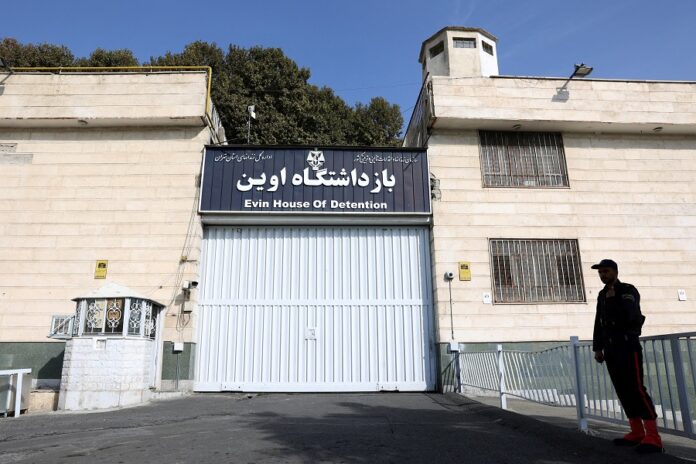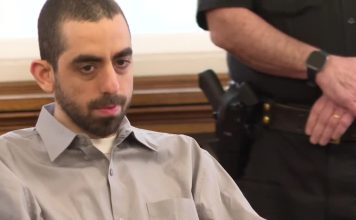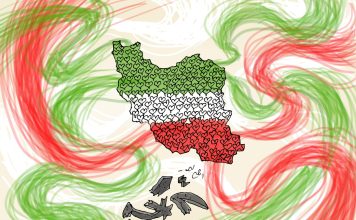WASHINGTON, March 9 (Reuters) – A U.S. citizen imprisoned by Iran on spying charges the United States rejects as baseless gave a rare interview from Tehran’s Evin prison on Thursday beseeching U.S. President Joe Biden to secure his release and that of two other American nationals.
“I implore you, sir, to put the lives and liberty of innocent Americans above all the politics involved and to just do what is necessary to end this nightmare and bring us home,” Siamak Namazi told CNN’s Christiane Amanpour in a telephone interview.
Namazi, 51, was speaking on behalf of himself, Emad Shargi, 58, a businessman and U.S. citizen, and environmentalist Morad Tahbaz, 67, who has both U.S. and British nationality.
Namazi made a similar plea in a letter to Biden on Jan. 16, seven years after Iran released five U.S. citizens in a prisoner exchange that coincided with the implementation of the 2015 Iran nuclear deal negotiated under U.S. President Barrack Obama.
ANALYSIS: How Hostage Taking Is An Integral Part of Iran’s Foreign Policy
“I remain deeply worried that the White House just doesn’t appreciate how dire our situation has become,” he said, saying he, Tahbaz and Shargi were all now held in the same place. Early in his detention, Namazi said he spent months caged in a cell, sleeping on the floor.
Namazi also called it “hurtful and upsetting” that Biden had not met his family “just to give them some words of assurance.”
A White House spokesperson said on condition of anonymity that “Iran’s unjust imprisonment and exploitation of U.S. citizens for use as political leverage is outrageous, inhumane, and contrary to international norms.
“Senior officials from both the White House and the State Department meet and consult regularly with the Namazi family, and we will continue to do so until this unacceptable detention ends,” the spokesperson added.
Iran‘s mission to the United Nations did not immediately respond to a request for comment.
(Reporting By Arshad Mohammed; Additional reporting by Trevor Hunnicutt in Washington and Michelle Nichols in New York; Editing by Daniel Wallis)












